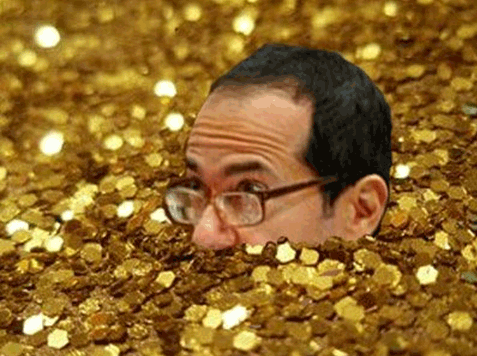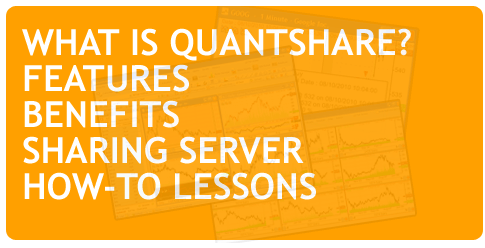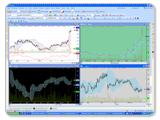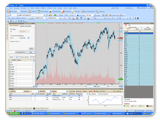 The American economy is finally starting to show signs of life. This past October, American unemployment fell below 8% for the first time since early 2009. In addition, the housing and stock markets are also surging upward. Will this trend continue? Many top hedge fund managers are cautiously optimistic it will. The general mood of the hedge fund industry is that America is entering a slow but steady recovery. Let’s see what this means for you as an investor. Hedge Fund Moves Hedge funds are slowly moving back into equity investments. In the second quarter of 2012, the top 50 hedge funds increased their total equity exposure by 3%. In addition, 45 of the 50 funds grew their equity portfolios so there is a broad consensus that the stock market is going to continue to grow. The hedge fund industry also invested more money in American and British equities which is a sign it believes the developed World is recovering, Hedge funds have a reason to be bullish because 2012 was a solid year for the industry as a whole. Hedge funds saw their assets grow to around $2.6 trillion this past September from a combination of investment gains and new investors. If this trend continues, hedge funds are on track to set a new record for assets under management in 2013. Cause for Optimism The general mood in the hedge fund industry seems to be things won’t get much worse. Ben Bernanke and Mario Draghi have both shown over the past few months that they are willing to prop up the markets with aggressive monetary policy. In addition, the major problems facing the market seem less severe than they did a year ago. While the European Union is still facing a debt crisis, it seems likely to collapse from a problem like Greece leaving the EU. This optimism is coming because Northern Europe is growing steadily and the European Central Bank is better prepared for problems. America’s biggest problem is the looming fiscal cliff at the end of 2012. However, Congress was able to pass a budget in time to solve this problem last year and the hedge fund industry seems confident that it will solve this issue yet again. Investment Advice As a personal investor, there are a few lessons to take away from these hedge fund moves. First of all, it’s a good time to reposition more of your portfolio into the stock market. The market seems to have made it out of the financial crisis of the past few years and should be on track for consistent earnings in the near future. The hedge fund investment strategies also indicate that the odds of a catastrophic “Lehman” sized market collapse are lower today. This means there is less of a benefit for holding U.S. Treasuries as their yields are terrible and they would only be useful if the market totally collapses. Lastly, the hedge fund predictions suggest you should not expect huge gains from the stock market going forward. While the market seems on track to keep growing, there are no signs that it will go through the huge gains that occurred during the tech and housing bubbles. There is reason to be cautiously optimistic for your investments going forward, but not much more than that. The past few years have been a challenge for both the economy and the stock market. Fortunately, the major players on Wall St. seem to think we have made it through the worst of it. If you trust in the predictions of the hedge fund industry, you can expect a slow but steady recovery going forward. References: http://www.factset.com/insight/2012/8/hedgefund_ownership_8.22.12#.UItsKcXMga0 http://allaboutalpha.com/blog/2012/09/25/hedge-funds-and-their-world-slow-recovery-ahead/ http://news.hedgefund.net/default.aspx?story=14278 comments powered by Disqus |

|
|
|
|







